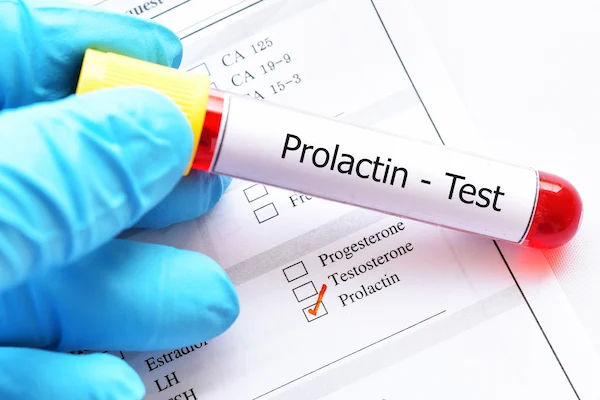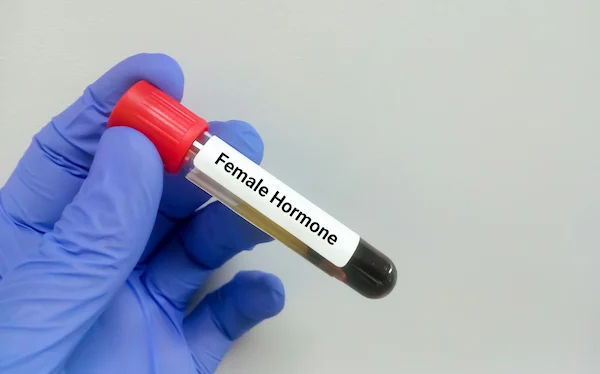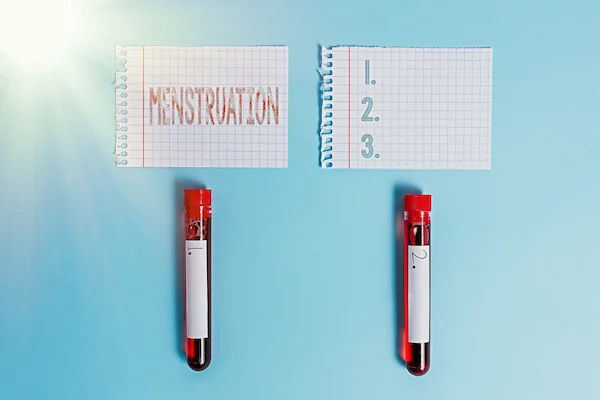Do You Need to Fast Before Hormone Tests Like AMH or LH?
Wondering if you need to fast before a hormone test like AMH or LH? Discover which hormone tests require fasting, which don’t, and how to prepare for accurate results.

Written by
Last updated on 16th Jul, 2025

If you're about to take a hormone test for the first time, it’s natural to wonder: do you need to fast beforehand? Whether it's an AMH test to check your ovarian reserve or an LH test to assess ovulation or hormone balance, preparation matters. The right prep helps ensure accurate results; so your treatment, diagnosis or fertility plan starts on the right foot.
In this article, you’ll find clear answers on fasting before hormone tests, understand which ones require it, which don’t, and how to prepare properly.
Which Hormone Tests Require Fasting
Most hormone blood tests do not require fasting. However, there are exceptions, especially if multiple markers are being checked together in a panel that includes insulin, glucose, or lipid levels.
Let’s take a look at common hormone-related tests and when fasting may be necessary:
Tests that may require fasting:
- Insulin and Fasting Glucose Tests: Often done alongside hormone tests to detect insulin resistance or metabolic syndrome. These must be done on an empty stomach (8–10 hours fasting).
- DHEA-S and Cortisol (if taken in the morning): While not always required, your doctor may ask you to fast to standardise results.
Tests that don’t usually require fasting:
- AMH (Anti-Mullerian Hormone): Fasting is not required.
- LH (Luteinising Hormone): No fasting needed.
- FSH (Follicle-stimulating hormone), Oestradiol, Progesterone, Testosterone, Prolactin: Generally do not require fasting, though early morning testing is preferred.
Always follow the specific instructions shared by your lab or physician. Sometimes, if a hormone test is clubbed with metabolic tests, you may be asked to fast, even if the hormone alone doesn’t demand it.
Get Your Hormonal Health Assessed
Tests You Can Take Without Fasting
For many hormone assessments, especially those related to fertility, menstrual health, or reproductive concerns, fasting isn't necessary. You can have a meal or light snack before your appointment without worrying about skewing your results, unless other tests are being conducted alongside.
You can take the following tests without skipping meals or altering your normal routine:
This test evaluates your ovarian reserve and fertility potential. It’s not affected by meals, stress, or the time of your cycle, making it one of the most convenient hormone tests available. You can take it on any day, at any time, and still get an accurate reading.
LH levels vary depending on where you are in your cycle, but not based on your food intake. Doctors usually recommend this test between Day 2 and Day 5 of menstruation. As long as it’s timed properly with your cycle, you don’t need to fast beforehand.
- FSH, Prolactin, and Oestradiol Tests
These are commonly prescribed when evaluating fertility issues, menstrual irregularities, or hormonal imbalances. They don’t require fasting, though you may be asked to avoid certain medications or supplements that can interfere with your readings.
Being able to take these tests without fasting means you don’t have to disrupt your routine. You can wake up, have breakfast, and head to your test appointment with less stress. Just double-check if other metabolic tests are being conducted alongside, fasting might still be required in that case.
How to Prepare for Accurate Readings
Even if fasting isn’t required, preparation still plays a key role in ensuring that your hormone test results are accurate and helpful. Small things in your day-to-day routine can impact hormonal fluctuations, so a bit of planning beforehand is always a good idea.
Here’s what you should do before your hormone test:
- Avoid intense physical activity for at least 12 hours prior. Exercise, especially cardio or weight training, can spike hormones like cortisol and prolactin, which might give false elevations in your results.
- Skip hormone pills, supplements, or herbal remedies unless specifically advised to continue. Medications such as thyroid pills, contraceptives, or fertility boosters can interfere with hormonal readings.
- Try to get 7–8 hours of quality sleep the night before. Sleep deprivation and stress can affect your endocrine system, especially hormones that follow a circadian rhythm.
- Inform your doctor of your cycle day and symptoms. This helps them interpret results in context. For women, knowing which day of your menstrual cycle you’re on can be especially important for LH, FSH, and progesterone testing.
It’s also a good idea to reach the lab 15–20 minutes before your appointment to settle down and avoid any last-minute rush. For stress-sensitive hormones like prolactin or cortisol, even mild physical or emotional stress can throw things off a bit.
What Time of Day to Book Your Test
When it comes to hormone testing, timing isn’t just a suggestion; it’s a major factor in getting accurate results. Your hormones naturally rise and fall over a 24-hour period, and testing at the wrong time could make your levels appear falsely high or low. That’s why choosing the right time slot is just as important as the test itself.
Here’s a simple guide to help you book your hormone tests at the most appropriate time:
- Morning (7 am to 10 am)
This is considered the optimal window for several hormones.
Best for: LH, FSH, Testosterone, Prolactin, Cortisol
Reason: These hormones tend to peak in the early hours. Testing within this window provides the most accurate baseline, especially if you're being evaluated for fertility or hormonal imbalance. - Any time of Day
Best for: AMH
Reason: AMH remains remarkably stable throughout the day and is not influenced by food intake or time of cycle. That makes it one of the easiest and most flexible hormone tests to book. - Cycle-Specific Timing
Some hormones fluctuate depending on where you are in your menstrual cycle.
- LH, FSH, and Oestradiol: Typically measured on Day 2–5
- Progesterone: Best taken on Day 21 (in a 28-day cycle)
If you’re unsure about the right day to test, especially when cycle-related timing is crucial, it’s always best to speak with an Apollo doctor. They can guide you based on your symptoms, cycle pattern, and test goals so that your results are clear and clinically useful.
Book Hormone Testing With Home Sample Pickup
Need to get tested but dreading the lab queue? Apollo 24|7 makes the process easier with at-home sample collection and digital reports.
You can:
- Schedule hormone panels around your cycle or symptoms
- Speak to a doctor before and after the test
- Book single tests or full hormone profiles including AMH, LH, FSH, and thyroid
- Get fasting instructions personalised to your test combination
Plus, with early morning sample slots, you can get your testing done on time without needing to skip breakfast unnecessarily.
You can book an AMH test here or an LH test here based on your health needs.
Conclusion
Not all hormone tests require fasting, but knowing which ones do and how to prepare can make all the difference. Whether you're checking your fertility status, trying to understand period irregularities, or tracking hormone-related symptoms, a little planning goes a long way.
You don’t want to waste a test just because you had coffee or missed the timing. From AMH and LH to FSH and prolactin, each test comes with its own prep dos and don’ts. If you’re ever in doubt, Apollo 24|7 is just a click away to help guide your prep, testing, and treatment journey, all from the comfort of your home.
Get Your Hormonal Health Assessed
₹2200(₹5500)60% off
₹670(₹1675)60% off
₹670(₹1675)60% off
₹790(₹1975)60% off
₹914(₹2125)57% off
₹830(₹2075)60% off

.webp)


.webp)
